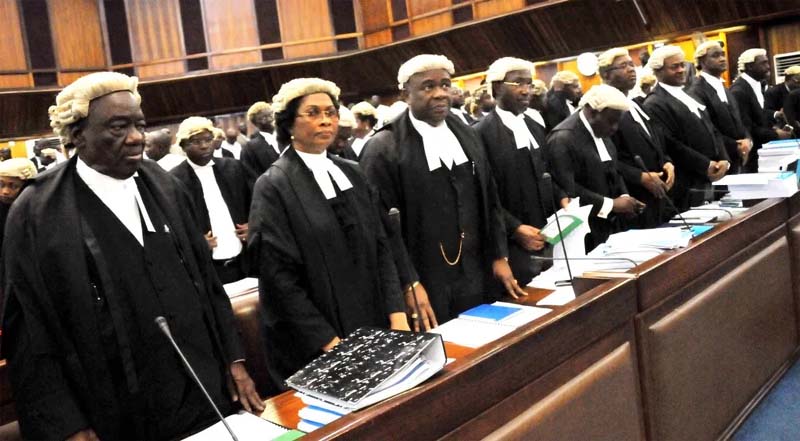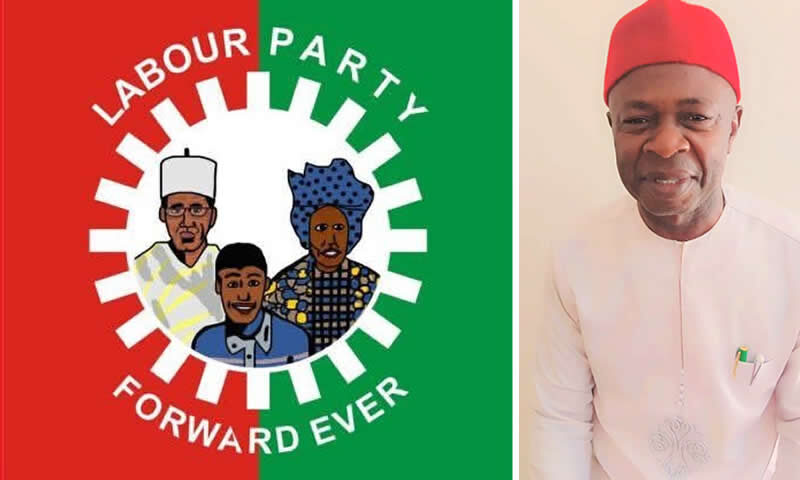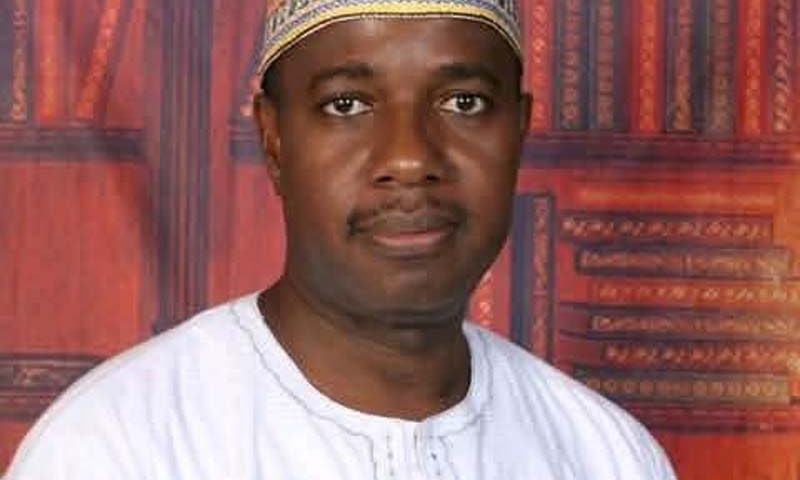“A lawyer who knowingly misleads the court, who uses their training to protect criminals, is not serving justice—they are subverting it.”
There’s something deeply unsettling about a system that allows a murderer to walk free—not because they are innocent, but because they could afford a sharp lawyer. Even worse is watching known corrupt politicians, caught with both evidence and accusations piled high, evade punishment because their counsel expertly twisted facts and exploited loopholes.
This isn’t just about lawyers. It’s about a justice system that has become a battlefield of technicalities—where truth is negotiable, and where those with the deepest pockets often win.
WHEN THE COURTROOM BECOMES A THEATRE
Lawyers are trained to defend their clients. That much is clear. But too often, that defense extends into the deliberate distortion of facts, the discrediting of credible witnesses, and the reshaping of reality—just enough to create “reasonable doubt.”
The courtroom becomes less about what actually happened, and more about who can argue better. A murder becomes a “misunderstanding.” A billion-naira fraud becomes “political persecution.” And a lawyer—armed with nothing but legal jargon and procedural tricks—can turn black into white, guilt into innocence.
It’s a dangerous kind of theatre. And the consequences are real.
The Rich Walk Free, the Poor Rot in Jail
In Nigeria, this two-tier justice system is painfully evident. We’ve watched politicians accused of looting public funds retain their freedom—and even return to public office—simply because they had powerful legal representation. Some cases drag on for over a decade, only to be dismissed on “technical grounds.”
Meanwhile, the average citizen with no money or connections can spend years awaiting trial for petty offenses. The prisons are full of people who couldn’t afford bail, let alone legal counsel.
This is not justice. This is systemic bias, wrapped in legal formalities.
SHOULD EVERYTHING BE DEFENDABLE?
Yes, everyone deserves legal representation. But we must ask a hard question: should lawyers be allowed to knowingly defend the indefensible? Should the law permit professionals to help criminals escape justice by obscuring the truth?
Legal ethics must be more than a footnote. A lawyer who knowingly misleads the court, who uses their training to protect criminals, is not serving justice—they are subverting it.
VICTIMS DESERVE BETTER
Every time a guilty person walks free, the justice system betrays not just the victim, but the entire society. It sends a dangerous message: if you have the money, you can do anything—and get away with it.
How do we tell the mother of a murdered child that her child’s killer is free because of a clever cross-examination? How do we explain to citizens struggling under poor governance that those who stole from them will never face consequences?
This is how trust in institutions erodes. This is how society begins to fall apart.
TIME FOR REFORM
Nigeria’s legal system needs more than cosmetic change. We need:
Stricter penalties for legal malpractice, especially when lawyers knowingly misrepresent facts.
Faster adjudication of corruption and criminal cases, particularly those involving public funds.
Public defenders with real resources, so the poor are not left to the mercy of an unjust system.
A national conversation on legal ethics, where justice, not victory, becomes the priority.
FINAL THOUGHTS
Justice is not supposed to be a luxury. It should not depend on who you know, or how much you can pay. But when lawyers become performers and the courtroom becomes a stage, truth is often the first casualty.
We must reclaim the moral center of our legal system—where defending a client doesn’t mean defending injustice.
Until then, the phrase “equal under the law” will remain nothing more than an






